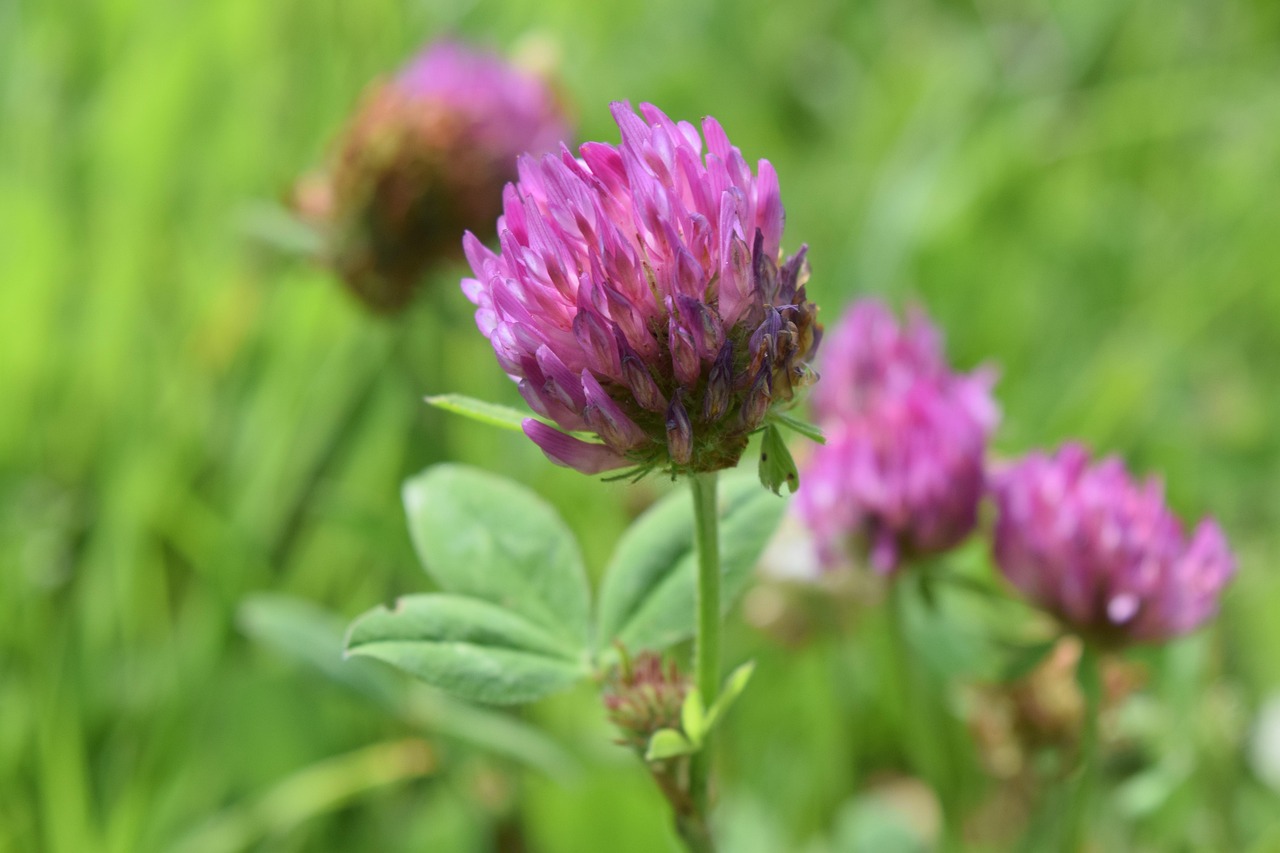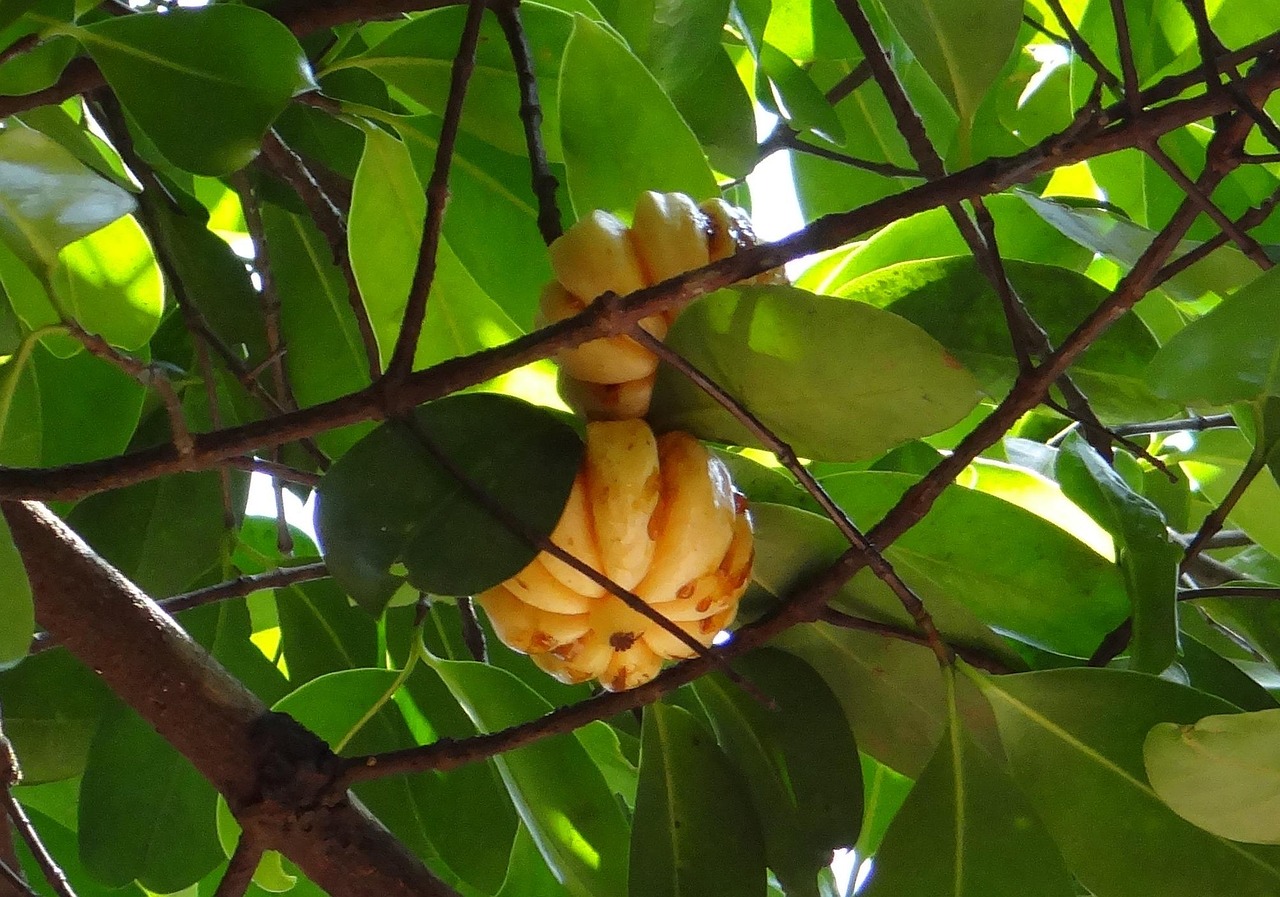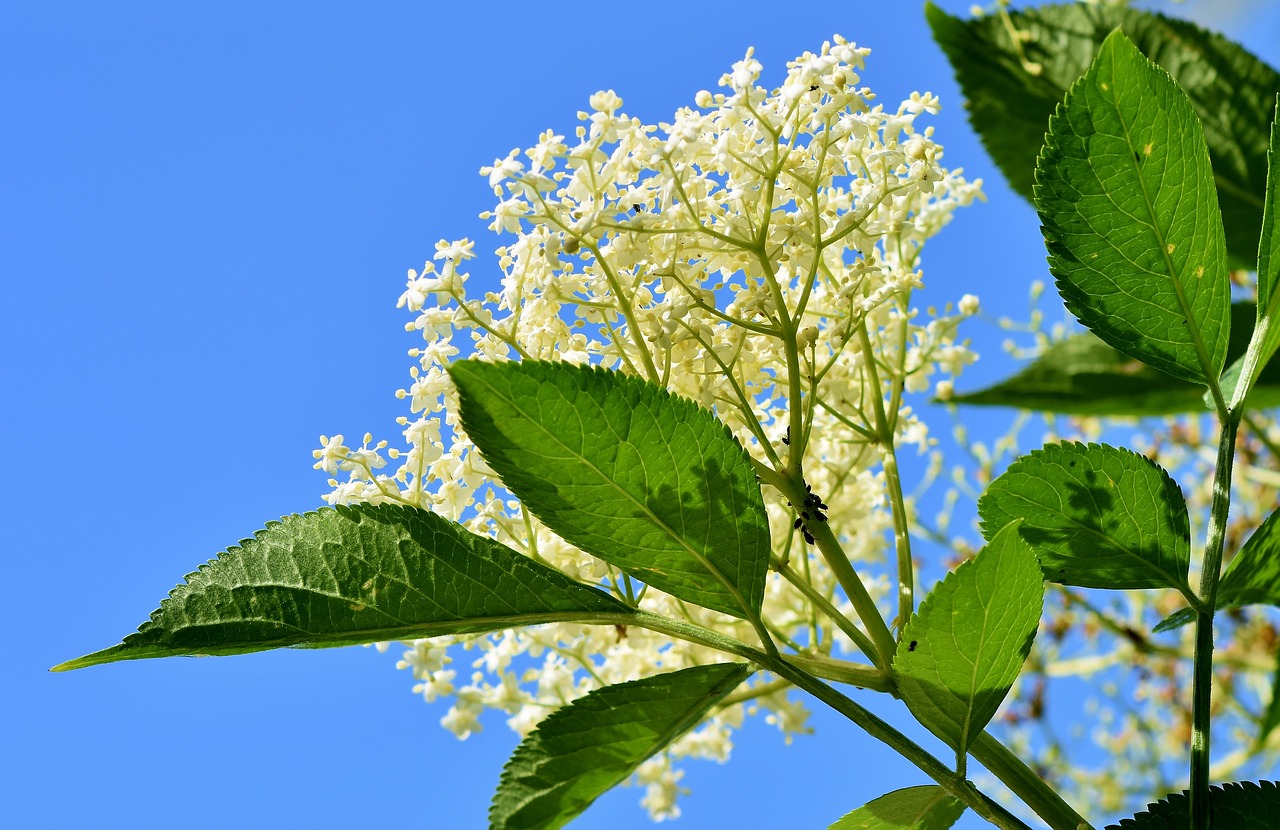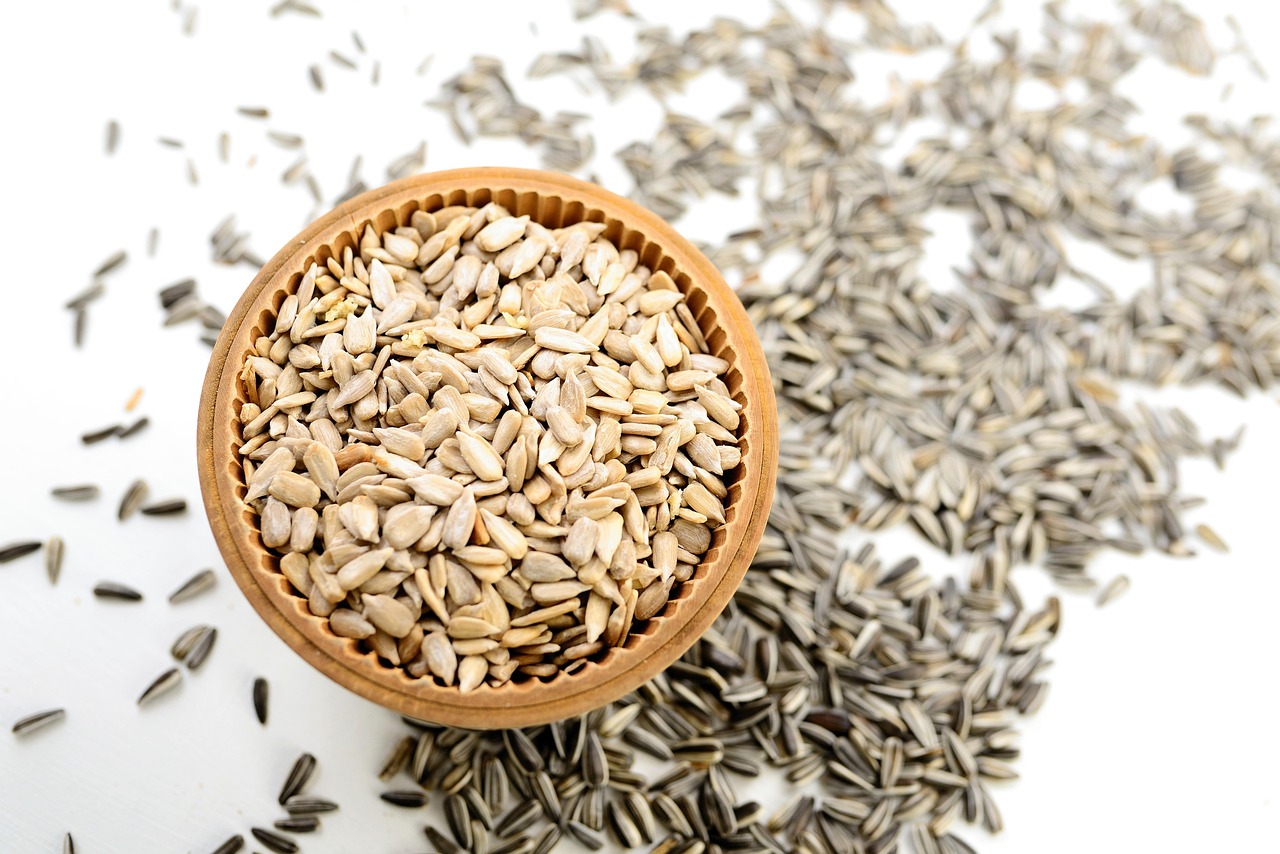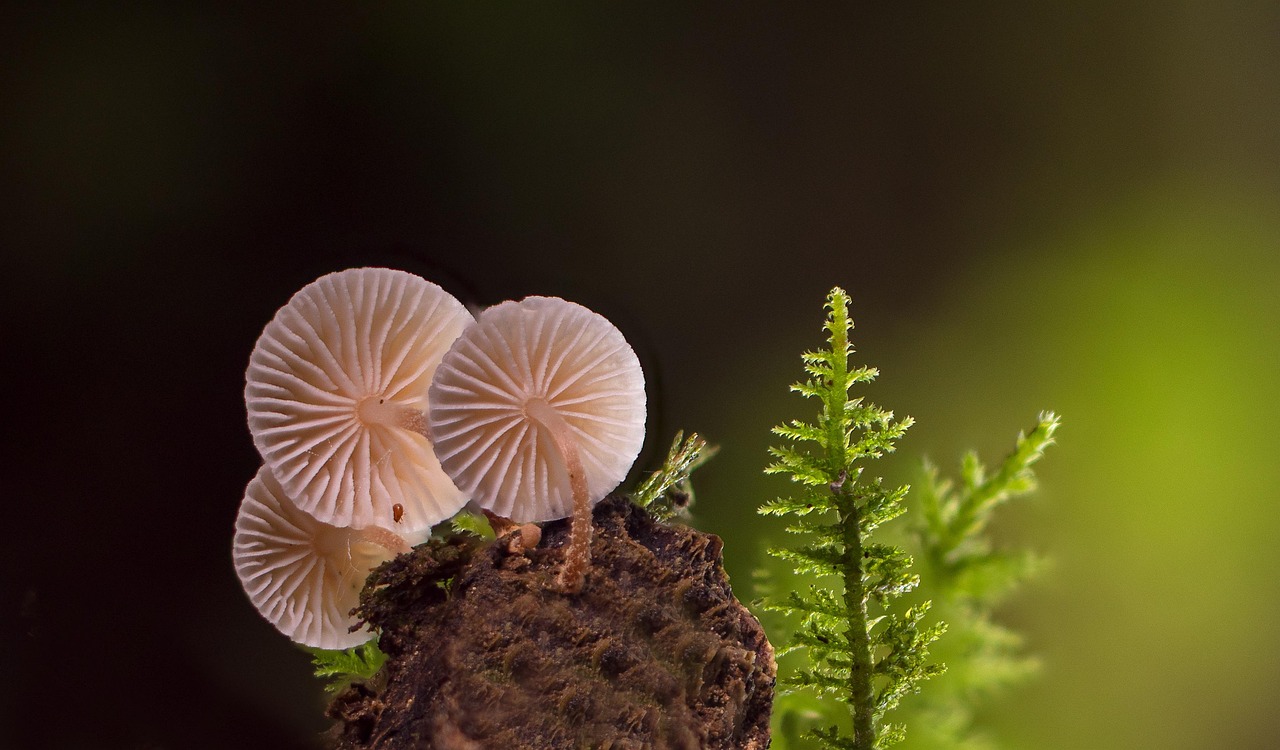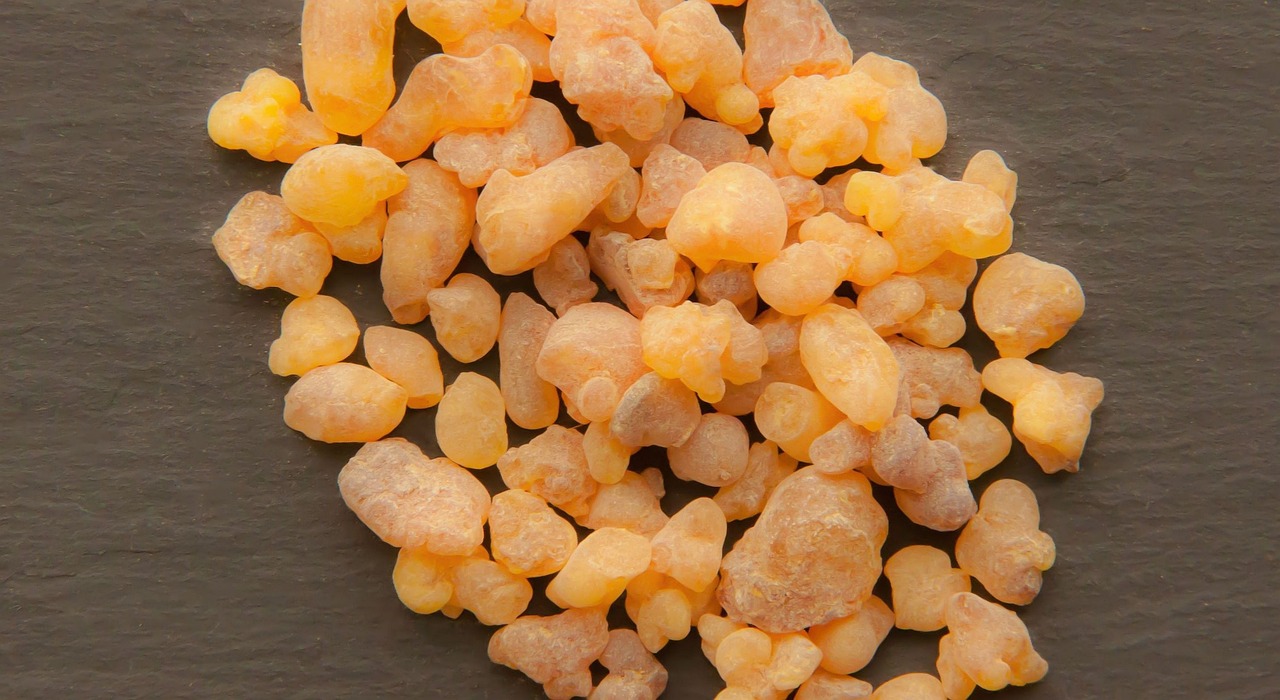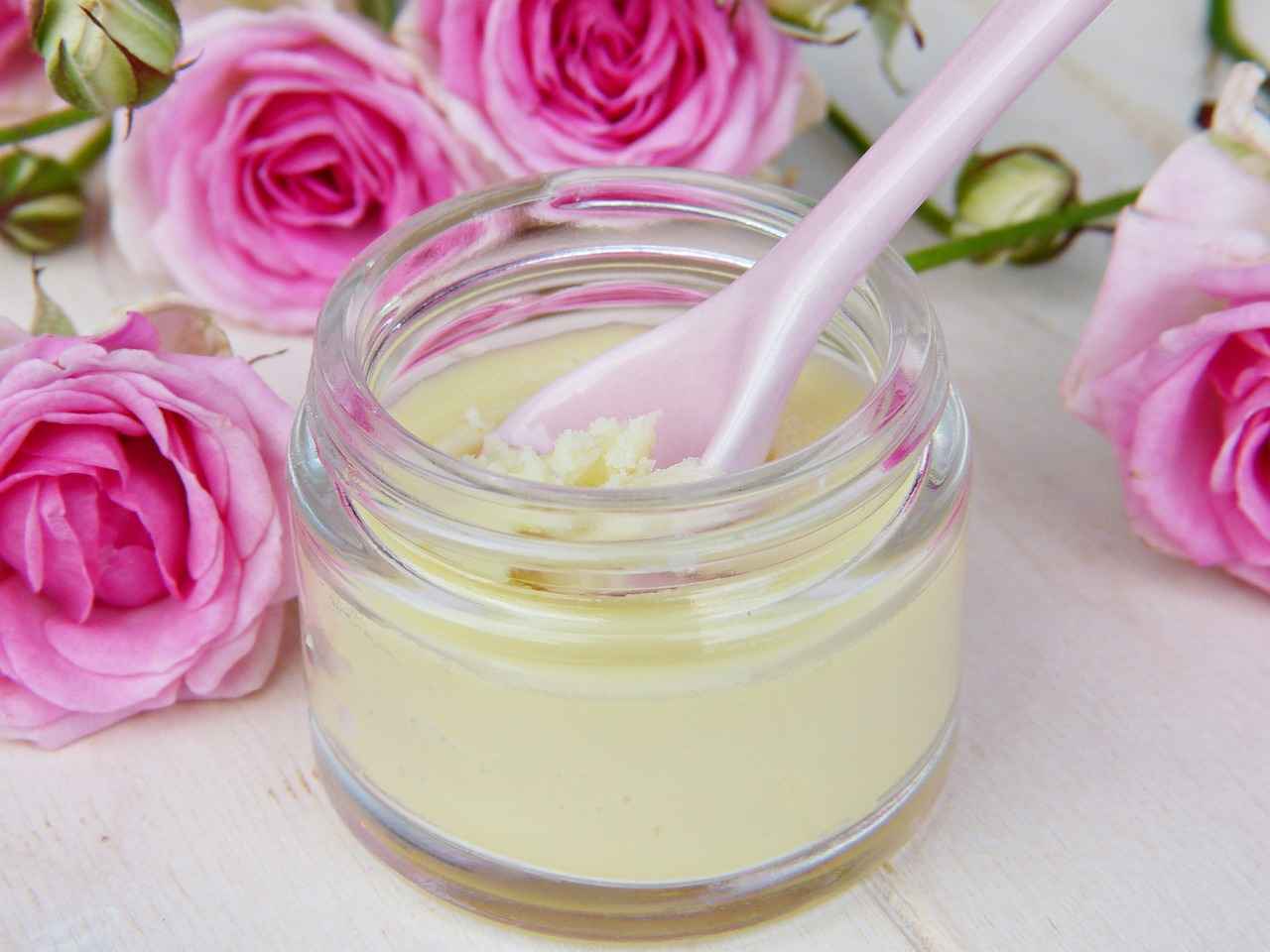This article delves into the various digestive benefits of marshmallow root, exploring its properties, uses, and how it can enhance digestive health naturally.
What is Marshmallow Root?
Marshmallow root, derived from the Althaea officinalis plant, has been revered for its soothing properties for centuries. The root contains a high concentration of mucilage, a gel-like substance that is particularly beneficial for digestive health.
Historical Uses of Marshmallow Root
Historically, marshmallow root has been utilized in traditional medicine for a variety of digestive issues. Its roots can be traced back to ancient Egypt, where it was valued for its healing properties.
- Traditional Medicine Practices: Across various cultures, marshmallow root has been incorporated into remedies for gastrointestinal disorders, believed to alleviate discomfort and promote healing.
- Native American Applications: Native American tribes harnessed marshmallow root for its anti-inflammatory properties, often using it for digestive complaints and skin irritations.
- European Herbal Medicine: In European herbal traditions, marshmallow root was commonly found in teas and syrups designed to soothe sore throats and digestive issues.
Modern Uses in Digestive Health
Today, marshmallow root is recognized in herbal medicine for its potential to support digestive health, particularly in soothing inflammation and irritation in the gut.
How Marshmallow Root Aids Digestion
The mucilage in marshmallow root acts as a natural lubricant, easing the passage of food through the digestive tract. This can be particularly helpful for individuals suffering from:
- Soothing Irritation in the Gut: Marshmallow root may help reduce inflammation and irritation in the gut lining, providing relief for conditions such as gastritis and irritable bowel syndrome (IBS).
- Supporting Healthy Digestion: This herb enhances the mucosal barrier, improving nutrient absorption and reducing digestive discomfort.
Forms of Marshmallow Root Available
Marshmallow root is available in various forms, including capsules, teas, tinctures, and powders. Each form can be easily incorporated into daily routines:
- Teas and Infusions: Marshmallow root tea is a soothing beverage that offers digestive benefits.
- Supplements and Extracts: Capsules and tinctures provide concentrated doses, making it simple to support digestive health.
Potential Side Effects and Considerations
While marshmallow root is generally safe for most individuals, some may experience mild side effects. Consulting a healthcare professional before starting any new herbal supplement is essential.
- Allergic Reactions: Though rare, some individuals may be allergic to marshmallow root, with symptoms including skin rashes or gastrointestinal upset.
- Interactions with Medications: Marshmallow root may interact with certain medications, particularly those processed by the liver.
Conclusion: Harnessing the Power of Marshmallow Root
Incorporating marshmallow root into your digestive health regimen may offer numerous benefits. With its rich history and modern applications, it stands as a valuable natural remedy for digestive support.

What is Marshmallow Root?
Exploring the Digestive Benefits of Marshmallow Root
This article delves into the various digestive benefits of marshmallow root, exploring its properties, uses, and how it can enhance digestive health naturally.
Marshmallow root, scientifically known as Althaea officinalis, is a perennial herb that has been cherished for centuries due to its remarkable soothing properties. The root contains a high concentration of mucilage, a gelatinous substance that forms a protective layer in the digestive tract. This unique characteristic makes marshmallow root particularly beneficial for individuals experiencing digestive discomfort.
Historical Uses of Marshmallow Root
Historically, marshmallow root has found its place in traditional medicine across various cultures. Ancient Egyptians utilized it for its healing properties, recognizing its potential to alleviate ailments.
- Traditional Medicine Practices: Across different cultures, marshmallow root has been incorporated into remedies aimed at treating gastrointestinal disorders. Its soothing effects are believed to alleviate discomfort and promote healing.
- Native American Applications: Native American tribes valued marshmallow root for its anti-inflammatory properties, often using it to address digestive complaints and skin irritations.
- European Herbal Medicine: In European herbal traditions, marshmallow root was commonly brewed into teas and syrups to soothe sore throats and digestive issues, showcasing its versatile applications.
Modern Uses in Digestive Health
Today, marshmallow root is widely recognized in herbal medicine for its potential to support digestive health. It is particularly noted for soothing inflammation and irritation in the gut.
How Marshmallow Root Aids Digestion
The mucilage content in marshmallow root plays a crucial role in its digestive benefits, acting as a natural lubricant that can ease the passage of food through the digestive tract.
- Soothing Irritation in the Gut: Marshmallow root may help reduce inflammation and irritation in the gut lining, providing relief for conditions such as gastritis and irritable bowel syndrome (IBS).
- Supporting Healthy Digestion: This herb promotes healthy digestion by enhancing the mucosal barrier, which can improve nutrient absorption and reduce digestive discomfort.
Forms of Marshmallow Root Available
Marshmallow root is available in various forms, including capsules, teas, tinctures, and powders. Each form offers unique benefits and can be seamlessly incorporated into daily routines.
- Teas and Infusions: Marshmallow root tea is a popular way to consume this herb, providing a soothing beverage that can be enjoyed for its digestive benefits.
- Supplements and Extracts: Capsules and tinctures offer concentrated doses of marshmallow root, making it easy to incorporate into a supplement regimen for digestive support.
Potential Side Effects and Considerations
While marshmallow root is generally considered safe, some individuals may experience mild side effects. It’s essential to consult a healthcare professional before starting any new herbal supplement.
- Allergic Reactions: Though rare, some people may be allergic to marshmallow root. Symptoms can include skin rashes or gastrointestinal upset, so monitoring is advised.
- Interactions with Medications: Marshmallow root may interact with certain medications, particularly those processed by the liver. Always discuss with a healthcare provider if you are taking other medications.
Conclusion: Harnessing the Power of Marshmallow Root
Incorporating marshmallow root into your digestive health regimen may offer numerous benefits. With its rich history and modern applications, it stands as a valuable natural remedy for digestive support.
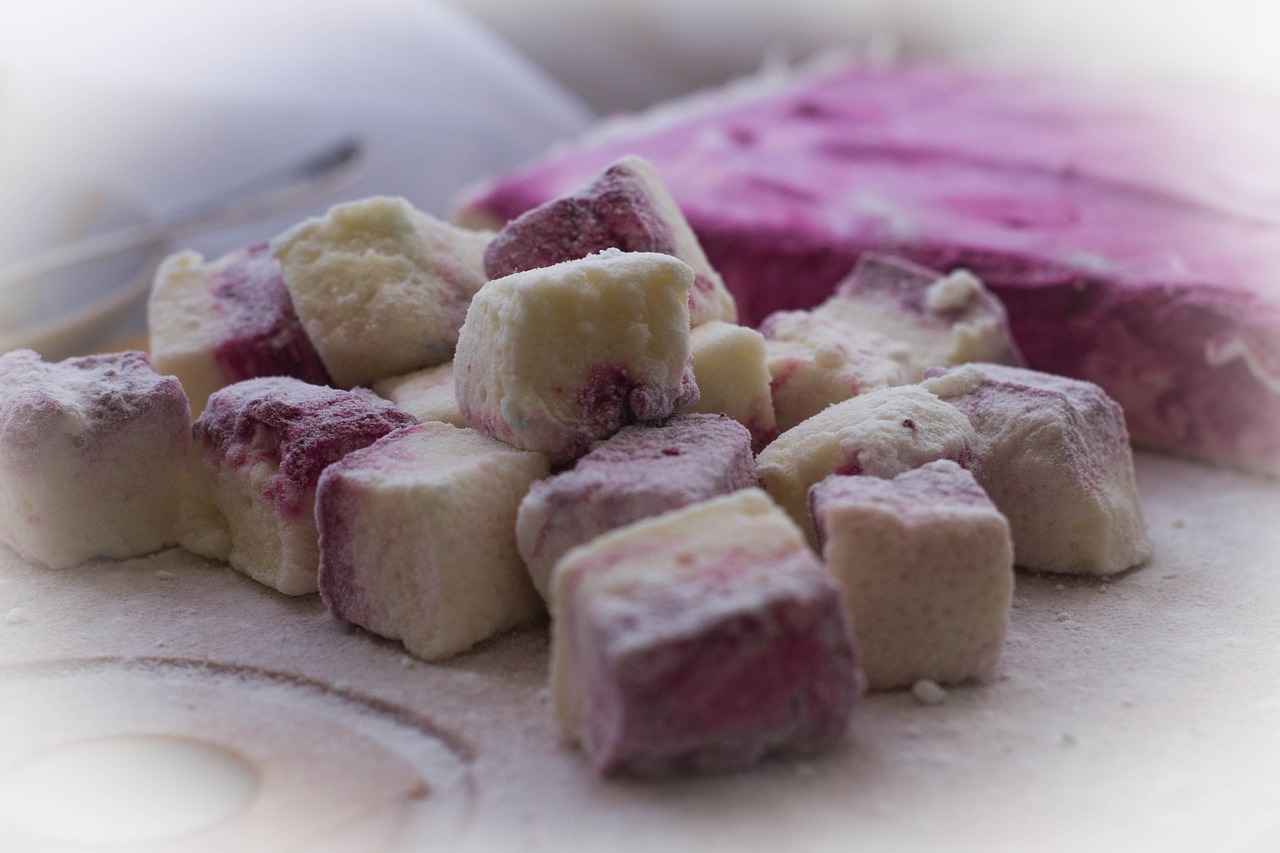
Historical Uses of Marshmallow Root
Marshmallow root, derived from the Althaea officinalis plant, has a rich history in traditional medicine, particularly for addressing digestive issues. This remarkable herb has been utilized for centuries, with its roots tracing back to ancient civilizations.
In ancient Egypt, marshmallow root was highly esteemed for its healing properties. Egyptians recognized its potential to soothe ailments, and it was often used in various remedies aimed at improving digestive health. The plant’s mucilage content, a thick, gel-like substance, was particularly valued for its ability to coat and protect the digestive tract.
Throughout history, different cultures have incorporated marshmallow root into their medicinal practices. In Native American traditions, it was commonly used to treat gastrointestinal disorders and skin irritations. The tribes utilized its anti-inflammatory properties to alleviate discomfort and promote healing, showcasing its versatility in addressing various health concerns.
In European herbal medicine, marshmallow root gained popularity as a key ingredient in teas and syrups designed to soothe sore throats and digestive issues. Herbalists often recommended it for its gentle, calming effects, making it a staple in many households. This widespread use highlights the enduring recognition of marshmallow root as a natural remedy.
As we move into the modern era, the historical significance of marshmallow root continues to resonate. Today, it is acknowledged in herbal medicine for its potential to support digestive health, particularly in reducing inflammation and irritation. Its long-standing use across various cultures underscores the importance of this herb in natural healing practices.
In conclusion, the historical uses of marshmallow root reveal a deep-rooted appreciation for its medicinal properties, particularly in the realm of digestive health. As we explore the benefits of this herb today, we honor the wisdom of those who came before us and their understanding of nature’s remedies.
Traditional Medicine Practices
have long utilized the unique properties of marshmallow root, particularly in the context of digestive health. This herb, known scientifically as Althaea officinalis, has been embraced across various cultures for its remarkable soothing effects. In this section, we will explore its historical significance and the ways it has been employed in traditional remedies.
- Ancient Egyptian Remedies: In ancient Egypt, marshmallow root was highly valued for its healing properties. It was often used to treat a variety of ailments, including digestive disorders. The Egyptians recognized its ability to soothe inflammation and discomfort in the gastrointestinal tract.
- Native American Traditions: Native American tribes harnessed the anti-inflammatory properties of marshmallow root. They commonly used it to alleviate digestive complaints and skin irritations. The root was often prepared in teas or poultices, showcasing its versatility and effectiveness.
- European Herbal Practices: In Europe, marshmallow root has been a staple in herbal medicine. It was frequently included in teas and syrups aimed at treating sore throats and digestive issues. Herbalists recognized its ability to coat and soothe the digestive lining, making it a popular choice for gastrointestinal support.
The mucilage present in marshmallow root plays a crucial role in its effectiveness. This gelatinous substance not only helps to coat the digestive tract but also aids in reducing irritation and inflammation. As a result, it has become a go-to remedy for conditions such as gastritis and irritable bowel syndrome (IBS).
Overall, the historical applications of marshmallow root in traditional medicine highlight its enduring significance in promoting digestive health. Its soothing properties continue to make it a valuable herb in modern herbal practices, offering a natural approach to gastrointestinal well-being.
Native American Applications
Native American tribes have a rich history of utilizing various natural resources for medicinal purposes, and marshmallow root is no exception. This herb, derived from the Althaea officinalis plant, has been a staple in traditional healing practices, particularly among Native American communities. The roots of this plant have been recognized for their anti-inflammatory properties, making them a valuable asset in treating a variety of health concerns.
One of the primary uses of marshmallow root among Native American tribes was for addressing digestive complaints. The mucilage content in the root provides a soothing effect on the digestive tract, helping to alleviate discomfort caused by conditions such as gastritis and irritable bowel syndrome (IBS). By forming a protective layer over the gut lining, marshmallow root aids in reducing irritation and promoting healing.
In addition to digestive issues, marshmallow root was also employed to treat skin irritations. Native Americans recognized its potential to calm inflamed skin and facilitate the healing of wounds. This dual-purpose use showcases the versatility of marshmallow root in traditional medicine.
Moreover, the preparation methods varied among tribes, with some opting for infusions and others using the root in poultices. These applications highlight the deep understanding indigenous cultures had regarding the healing properties of local flora.
In summary, the historical utilization of marshmallow root by Native American tribes reflects a profound connection to nature and a comprehensive approach to health. By harnessing its anti-inflammatory and soothing qualities, they effectively treated both digestive and skin ailments, laying the groundwork for the continued exploration of this herb in modern herbal medicine.
European Herbal Medicine
has a rich history that intertwines with the use of various plants for medicinal purposes, one of which is the marshmallow root. This herb, derived from the Althaea officinalis plant, has been a staple in herbal remedies across Europe for centuries. Its applications are diverse, particularly in addressing digestive issues and soothing respiratory ailments.
In traditional European herbal practices, marshmallow root was often brewed into teas and prepared as syrups. These preparations were not only popular for their soothing effects on sore throats but also for their ability to relieve digestive discomfort. The mucilage content in marshmallow root acts as a natural lubricant, facilitating smoother digestion and easing the passage of food through the gastrointestinal tract.
- Historical Significance: Marshmallow root has been documented in ancient texts, illustrating its esteemed position in herbal medicine.
- Versatility: Beyond digestive health, it has been used to treat skin irritations and coughs, showcasing its multifaceted benefits.
- Preparation Methods: Common preparations include infusions, decoctions, and tinctures, each offering unique therapeutic advantages.
One of the remarkable aspects of marshmallow root is its anti-inflammatory properties. It is believed to soothe irritation in the gut lining, making it beneficial for individuals suffering from conditions such as gastritis or irritable bowel syndrome (IBS). This soothing effect extends beyond the digestive system, providing relief for respiratory issues as well.
Today, marshmallow root remains a popular choice among herbalists and health enthusiasts. Its incorporation into modern wellness routines reflects a growing appreciation for natural remedies. As awareness about the benefits of herbal medicine continues to rise, marshmallow root stands out as a valuable ally in achieving optimal health.
In conclusion, the legacy of is vividly illustrated through the uses of marshmallow root. This herb not only highlights the historical significance of traditional practices but also underscores the ongoing relevance of natural remedies in contemporary health discussions.
Modern Uses in Digestive Health
Marshmallow root has gained significant recognition in the realm of herbal medicine for its myriad of benefits, particularly concerning digestive health. This remarkable herb, derived from the Althaea officinalis plant, is rich in mucilage, a gelatinous substance that plays a vital role in promoting gastrointestinal well-being.
One of the primary modern uses of marshmallow root is its ability to soothe inflammation in the digestive tract. Many individuals suffer from conditions such as gastritis and irritable bowel syndrome (IBS), which can cause discomfort and disrupt daily life. The mucilage present in marshmallow root acts as a natural lubricant, helping to coat the stomach and intestinal lining, thereby providing a protective barrier against irritation.
Furthermore, marshmallow root is celebrated for its potential to enhance nutrient absorption. By promoting a healthy mucosal barrier, it aids in the efficient uptake of essential nutrients, contributing to overall digestive health. This aspect makes it a valuable addition to the diet for those seeking to optimize their digestive function.
In addition to its soothing properties, marshmallow root can be consumed in various forms, including teas, tinctures, and capsules. Each form offers unique benefits, allowing individuals to choose the method that best suits their lifestyle. For instance, marshmallow root tea provides a comforting beverage that not only hydrates but also delivers the herb’s beneficial properties in a gentle manner.
While marshmallow root is generally safe for most people, it is advisable to consult a healthcare professional before incorporating it into your routine, especially if you are taking other medications or have existing health conditions. Being informed about potential side effects and interactions is crucial for ensuring a safe and beneficial experience.
In summary, marshmallow root stands out as a powerful ally in promoting digestive health. Its ability to soothe irritation, enhance nutrient absorption, and offer various consumption methods makes it a versatile addition to any health regimen.

How Marshmallow Root Aids Digestion
The mucilage content in marshmallow root is a key factor contributing to its remarkable digestive benefits. This natural substance acts as a lubricant, facilitating the smooth passage of food through the digestive tract. By coating the lining of the gastrointestinal system, mucilage helps to protect against irritation and inflammation, which can be particularly beneficial for individuals suffering from digestive disorders.
When ingested, marshmallow root can provide a soothing effect on the digestive lining, which is vital for maintaining a healthy gut environment. This is especially important for those experiencing conditions such as gastritis or irritable bowel syndrome (IBS). The mucilage not only eases discomfort but also promotes healing by reducing inflammation, allowing for a more comfortable digestive process.
Moreover, the mucilage enhances the mucosal barrier within the gut. This barrier is essential for nutrient absorption, as it prevents harmful substances from penetrating the intestinal wall. By supporting this barrier, marshmallow root can help improve overall nutrient uptake, which is crucial for maintaining good health.
In addition to its soothing properties, marshmallow root can also aid in regulating bowel movements. The lubricating effect of mucilage can help alleviate constipation, making it easier for waste to pass through the intestines. This dual action of soothing irritation and promoting healthy elimination makes marshmallow root a valuable ally in digestive health.
In conclusion, the mucilage content in marshmallow root plays a vital role in enhancing digestive function. Its ability to act as a natural lubricant not only eases the passage of food but also supports gut health by reducing inflammation and improving nutrient absorption. Incorporating marshmallow root into your diet may provide significant benefits for those looking to improve their digestive health.
Soothing Irritation in the Gut
Marshmallow root, derived from the Althaea officinalis plant, is renowned for its remarkable ability to soothe and heal the digestive tract. This herb contains a high concentration of mucilage, a gelatinous substance that forms a protective layer over the gut lining. This property is particularly beneficial for individuals suffering from various gastrointestinal issues, including gastritis and irritable bowel syndrome (IBS).
Inflammation and irritation in the gut can lead to discomfort, pain, and a range of digestive disorders. Marshmallow root’s mucilage not only helps to coat the lining of the gut but also aids in reducing inflammation. By doing so, it provides a soothing effect that can alleviate symptoms associated with these conditions.
Research suggests that the anti-inflammatory properties of marshmallow root can significantly improve gut health. The mucilage acts as a natural lubricant, facilitating smoother digestion and easing the passage of food through the digestive tract. This can be particularly helpful for those experiencing bloating, cramping, or irregular bowel movements.
In addition to its soothing effects, marshmallow root also promotes the healing of the gut lining. This is crucial for individuals with compromised digestive systems, as it helps restore balance and function. Incorporating marshmallow root into your diet can be done through various forms, including teas, capsules, and tinctures, allowing for flexibility in usage.
However, as with any herbal remedy, it is essential to consult with a healthcare professional before starting to ensure it is appropriate for your individual health needs. By understanding the potential benefits of marshmallow root, you can take proactive steps toward enhancing your digestive health.
Conclusion: Marshmallow root serves as a natural ally in soothing gut irritation and inflammation. Its historical use and modern applications underscore its value in promoting digestive wellness.
Supporting Healthy Digestion
Marshmallow root, scientifically known as Althaea officinalis, has been celebrated for its remarkable ability to support healthy digestion. This herb is particularly known for its rich content of mucilage, a gelatinous substance that plays a vital role in promoting digestive health. By enhancing the mucosal barrier in the gastrointestinal tract, marshmallow root aids in the protection and repair of the gut lining, which is crucial for optimal nutrient absorption.
One of the primary ways marshmallow root contributes to digestive wellness is by reducing inflammation. Many individuals suffer from conditions such as gastritis and irritable bowel syndrome (IBS), which can lead to discomfort and digestive irregularities. The soothing properties of marshmallow root can help alleviate these symptoms by calming the irritated gut lining and providing a protective layer that reduces friction during digestion.
Furthermore, the mucilage in marshmallow root acts as a natural lubricant, facilitating the smooth passage of food through the digestive tract. This can significantly improve the overall digestive process, making it easier for the body to break down and absorb essential nutrients. As a result, incorporating marshmallow root into your diet may not only enhance digestive efficiency but also promote a sense of well-being.
In addition to its digestive benefits, marshmallow root is often used in herbal teas and supplements, making it accessible for those looking to improve their gut health. Whether consumed as a tea, tincture, or capsule, this versatile herb can be a valuable addition to your health regimen.
In conclusion, marshmallow root stands out as a natural remedy that supports healthy digestion through its anti-inflammatory properties and mucilage content. By integrating this herb into your daily routine, you may experience improved digestive comfort and enhanced nutrient absorption, paving the way for better overall health.

Forms of Marshmallow Root Available
Marshmallow root, known for its numerous health benefits, is available in a variety of forms, each offering unique advantages. Understanding these options can help you choose the best method for incorporating this beneficial herb into your daily routine.
- Teas and Infusions: One of the most popular ways to consume marshmallow root is through herbal teas. These teas are made by steeping the dried root in hot water, allowing the mucilage to infuse into the beverage. Drinking marshmallow root tea can provide a soothing effect on the digestive system, making it a great choice for those seeking relief from gastrointestinal discomfort.
- Capsules: For those who prefer a more convenient option, marshmallow root is available in capsule form. This allows for easy dosage without the need for preparation. Capsules typically contain concentrated extracts of the root, making them a practical choice for individuals looking to support their digestive health on the go.
- Tinctures: Tinctures are concentrated liquid extracts made by soaking marshmallow root in alcohol or glycerin. This method preserves the beneficial compounds of the herb and allows for quick absorption into the body. Tinctures can be added to water or taken directly, providing flexibility in consumption.
- Powders: Marshmallow root powder can be added to smoothies, soups, or other recipes. This versatile form allows users to incorporate the herb into their diets creatively. The powder can also be mixed with water to create a soothing drink, similar to tea.
Each form of marshmallow root has its own set of benefits, making it easy to find one that fits your lifestyle and preferences. Whether you enjoy brewing a warm cup of tea, prefer the convenience of capsules, or want to experiment with powders, marshmallow root can be a valuable addition to your health regimen.
Teas and Infusions
have long been celebrated for their therapeutic properties, and marshmallow root tea is no exception. This herbal infusion is not only a delightful beverage but also a natural remedy with numerous digestive benefits.
Marshmallow root, derived from the Althaea officinalis plant, contains a high level of mucilage, a gel-like substance that soothes the digestive tract. When prepared as a tea, marshmallow root releases its beneficial properties, making it an excellent choice for those seeking relief from various digestive issues.
- Preparation: To make marshmallow root tea, steep 1-2 teaspoons of dried marshmallow root in hot water for about 10-15 minutes. Strain the mixture and enjoy it warm or chilled.
- Flavor Profile: The tea has a mild, slightly sweet flavor, making it a pleasant drink that can be enjoyed at any time of the day.
- Health Benefits: Regular consumption of marshmallow root tea may help to:
- Sooth digestive discomfort
- Alleviate symptoms of gastritis and irritable bowel syndrome (IBS)
- Support overall gut health by enhancing the mucosal barrier
In addition to its digestive benefits, marshmallow root tea can also serve as a soothing drink for sore throats and coughs, thanks to its anti-inflammatory properties. This makes it a versatile addition to your herbal tea collection.
For those interested in exploring the world of herbal teas, marshmallow root tea is a valuable option that combines flavor with health benefits. Whether you’re looking to soothe your digestive system or simply enjoy a warm cup of tea, marshmallow root offers a gentle and effective solution.
Conclusion: Incorporating marshmallow root tea into your daily routine can provide a natural way to support digestive health while enjoying a soothing beverage. Its rich history and numerous benefits make it a worthwhile addition to any herbal regimen.
Supplements and Extracts
In the realm of herbal remedies, marshmallow root has gained significant attention for its potential digestive benefits. Among the various forms available, capsules and tinctures stand out due to their convenience and concentrated doses. These forms allow for easy incorporation into daily supplement regimens, especially for those seeking to enhance their digestive health.
Why Choose Capsules and Tinctures?
- Concentration: Capsules and tinctures provide a potent dose of marshmallow root, ensuring that users receive the maximum benefits from this herb.
- Convenience: These supplements are easy to take, making them an excellent choice for individuals with busy lifestyles.
- Versatility: Both forms can be integrated seamlessly into various routines, whether as a standalone supplement or alongside other digestive aids.
How to Use Marshmallow Root Supplements
When considering marshmallow root capsules or tinctures, it’s essential to follow the recommended dosages provided by manufacturers or healthcare professionals. Typically, capsules are taken with water, while tinctures can be mixed with a beverage or taken directly. This flexibility allows users to choose the method that best suits their preferences.
Potential Benefits of Using Marshmallow Root
- May help soothe the digestive tract.
- Can assist in reducing inflammation associated with gastrointestinal conditions.
- Supports overall digestive health by promoting a healthy mucosal barrier.
Conclusion
Incorporating marshmallow root in the form of capsules or tinctures can be a practical approach to supporting digestive health. With their concentrated doses and ease of use, these supplements offer a valuable addition to any wellness routine. Always consult with a healthcare provider before beginning any new supplement to ensure safety and effectiveness.
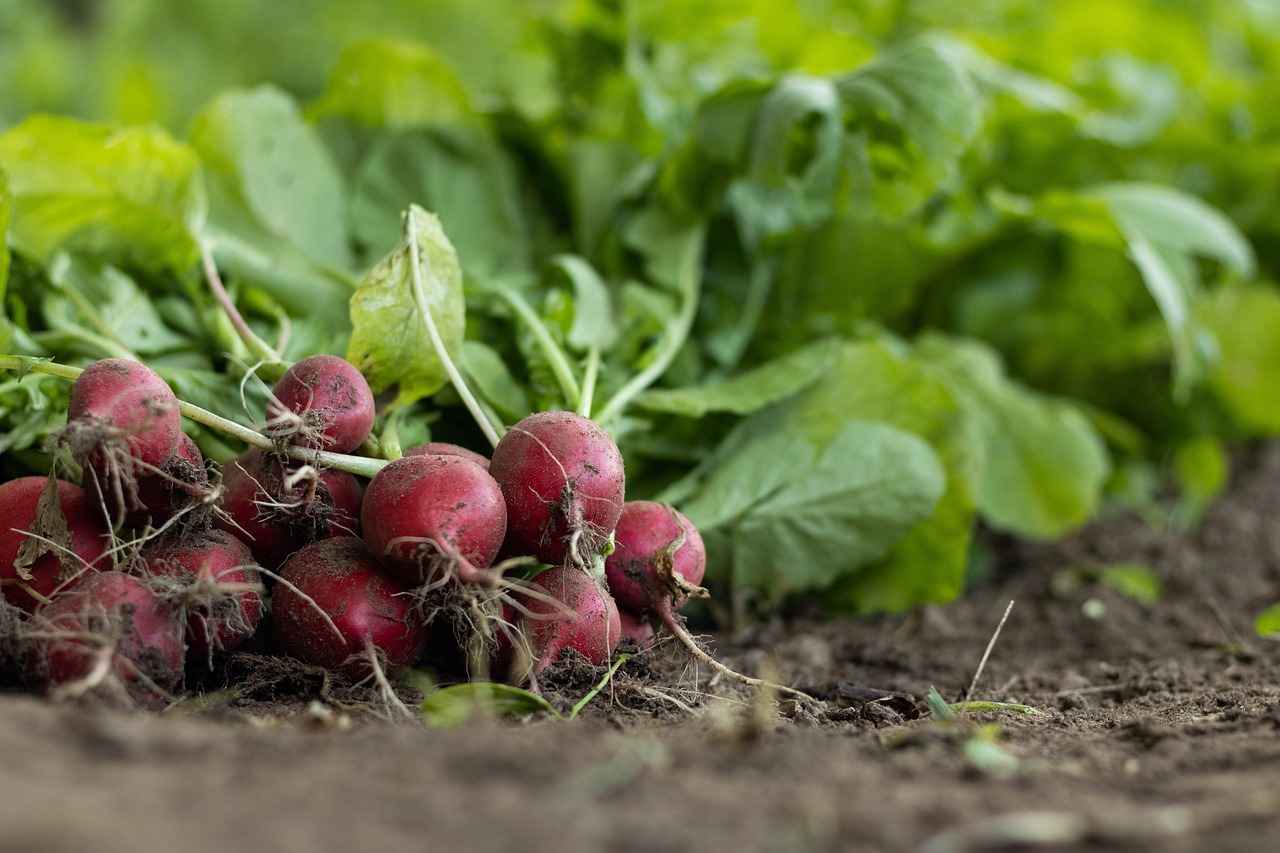
Potential Side Effects and Considerations
While marshmallow root is widely recognized for its beneficial properties, it is important to be aware of potential side effects and considerations before incorporating it into your health regimen. Understanding these factors can help ensure a safe and effective experience.
| Potential Side Effect | Description |
|---|---|
| Mild Allergic Reactions | Some individuals may experience mild allergic reactions, such as skin rashes or gastrointestinal discomfort. It is advisable to monitor your body’s response when trying marshmallow root for the first time. |
| Gastrointestinal Upset | Though rare, some users report mild gastrointestinal upset, including nausea or diarrhea. Starting with a small dose can help assess tolerance. |
| Interactions with Medications | Marshmallow root may interact with certain medications, particularly those metabolized by the liver. Always consult with a healthcare provider if you are on medication. |
It is essential to consult a healthcare professional before starting any new herbal supplement, especially if you have pre-existing health conditions or are pregnant or breastfeeding. They can provide personalized advice based on your health history and current medications.
In summary, while marshmallow root offers numerous health benefits, being informed about potential side effects and interactions is crucial for safe usage. By taking these precautions, you can enjoy the advantages of this remarkable herb with peace of mind.
Allergic Reactions
to marshmallow root, while uncommon, can occur in some individuals. It is essential to be aware of the potential symptoms and take appropriate precautions to ensure safety when using this herbal remedy.
Marshmallow root, derived from the Althaea officinalis plant, is celebrated for its soothing properties, particularly in promoting digestive health. However, as with any natural product, there is a possibility of adverse reactions. The symptoms of an allergic reaction can vary widely among individuals.
- Skin Reactions: Some people may experience skin rashes, hives, or itching after consuming marshmallow root. These symptoms indicate a hypersensitivity to the herb.
- Gastrointestinal Upset: Allergic reactions may also manifest as nausea, vomiting, or diarrhea. Such symptoms can be distressing and may require medical attention if they persist.
- Respiratory Issues: In rare cases, individuals may develop difficulty breathing or experience swelling in the throat, which can be serious and necessitate immediate medical intervention.
Due to these potential reactions, it is advisable to monitor your body’s response when trying marshmallow root for the first time. If you have a history of allergies to plants or herbs, consult a healthcare provider prior to use. This is particularly important for those who are pregnant, breastfeeding, or taking other medications.
In summary, while marshmallow root can offer numerous health benefits, being informed about possible allergic reactions is crucial for safe consumption. Always prioritize your health and seek professional advice when introducing new herbal supplements into your routine.
Interactions with Medications
Marshmallow root, known for its soothing properties, has gained popularity in herbal medicine, especially for its digestive benefits. However, it is crucial to understand that marshmallow root may interact with certain medications, particularly those that are metabolized by the liver. This interaction can potentially alter the effectiveness of these medications or lead to unexpected side effects.
When considering the use of marshmallow root, it’s important to consult with a healthcare provider. They can provide personalized advice based on your medical history and current medications. This is especially vital for individuals taking:
- Anticoagulants: Marshmallow root may enhance the effects of blood thinners, increasing the risk of bleeding.
- Diabetes Medications: It may lower blood sugar levels, necessitating adjustments in medication dosages.
- Medications Metabolized by the Liver: The presence of marshmallow root could influence liver enzyme activity, affecting how drugs are processed.
Additionally, individuals with specific health conditions or those who are pregnant or breastfeeding should exercise caution. Always inform your healthcare provider about any herbal supplements you are considering, including marshmallow root, to ensure safe and effective treatment plans.
In summary, while marshmallow root offers numerous health benefits, being aware of its potential interactions with medications is essential. Engaging in open discussions with healthcare professionals can help mitigate risks and enhance your overall health journey.

Conclusion: Harnessing the Power of Marshmallow Root
Incorporating marshmallow root into your digestive health regimen may offer numerous benefits. This remarkable herb, derived from the Althaea officinalis plant, has a rich history of usage that spans centuries, making it a reliable natural remedy for digestive support.
Marshmallow root is renowned for its high mucilage content, which provides a soothing effect on the digestive tract. This property not only aids in easing discomfort but also promotes overall digestive health. By acting as a natural lubricant, marshmallow root can facilitate smoother passage of food through the gastrointestinal system, thereby reducing the likelihood of digestive disturbances.
Moreover, its anti-inflammatory properties make it particularly beneficial for individuals suffering from conditions such as gastritis or irritable bowel syndrome (IBS). By soothing irritation in the gut lining, marshmallow root helps to create a more balanced digestive environment, enhancing nutrient absorption and minimizing symptoms of discomfort.
In modern herbal medicine, marshmallow root is available in various forms including teas, capsules, and tinctures, allowing for easy incorporation into daily routines. Each form offers unique benefits, making it accessible for anyone looking to improve their digestive health.
While generally considered safe, it is important to consult with a healthcare professional before adding marshmallow root to your regimen, especially for those on medications or with known allergies. This ensures that you can safely enjoy the numerous benefits that this ancient herb has to offer.
In conclusion, marshmallow root stands as a valuable ally in the pursuit of digestive wellness. Its soothing properties and rich history make it a compelling choice for anyone looking to enhance their digestive health naturally.



